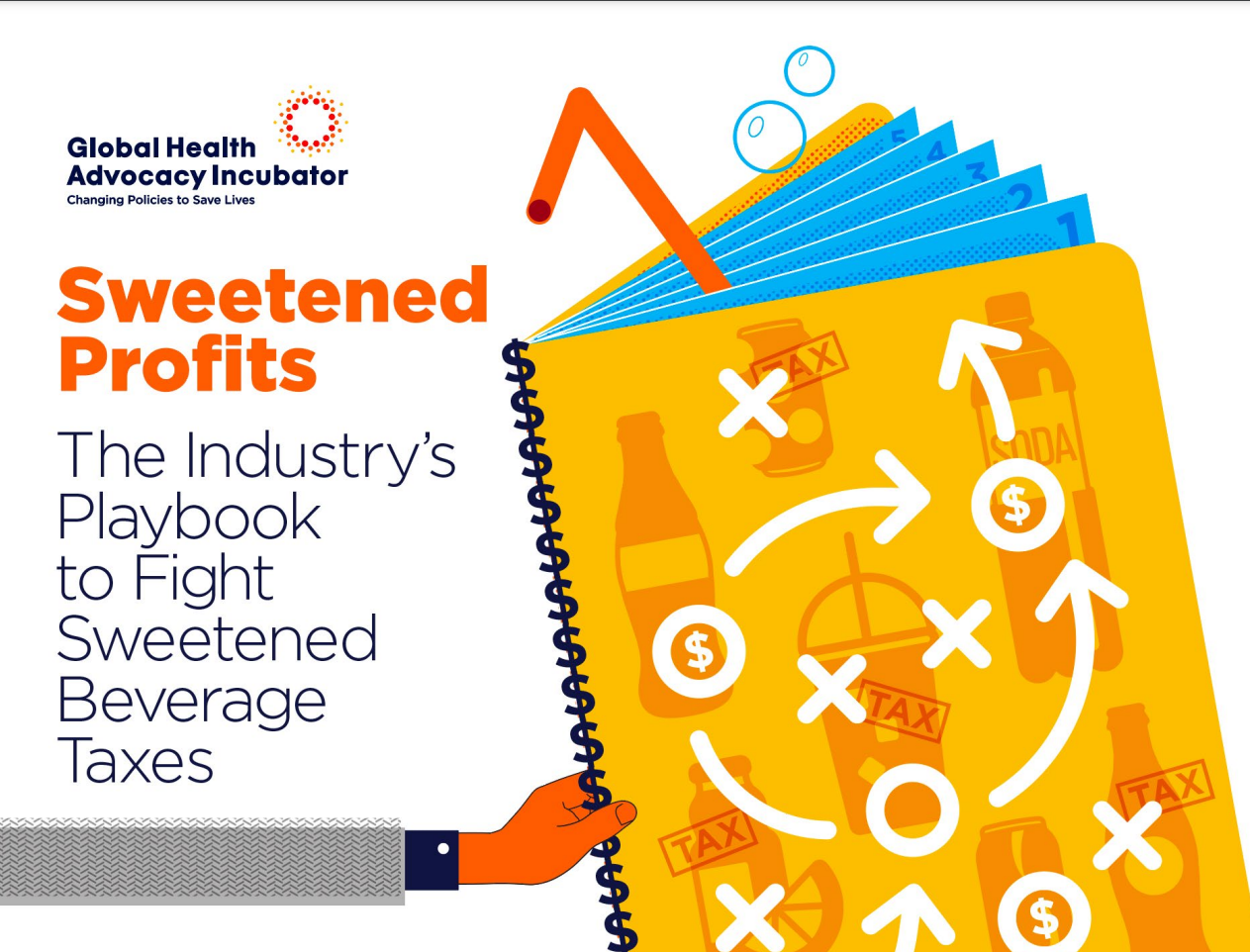Keeping up with MAHA: RFK Jr’s latest actions
There is never a dull moment with Robert F. Kennedy Jr’s taking over the Department of Health and Human Services.
The Wall Street Journal announced this first: RFK Jr. Plans 10,000 Job Cuts in Major Restructuring of Health Department
Kennedy on Thursday said the agency would ax 10,000 full-time employees spread across agencies tasked with responding to disease outbreaks, approving new drugs, providing insurance for the poorest Americans and more. The cuts are in addition to roughly 10,000 employees who chose to leave the department through voluntary separation offers since President Trump took office, according to the department.
Together, the cuts would eliminate about one-quarter of a workforce that would shrink to 62,000. The department would lose five of its 10 regional offices.
RFK Jr explained what all this was about in a six-minute video) on Twitter (X: “We’re going to eliminate an entire alphabet soup of departments and agencies while preserving their core function.”The agency said the 25% reduction in workforce would not affect essential services.
That, however, is a matter of opinion. As Politico put it, RFK Jr.’s massive cuts stun staff, leave senior employees scrambling, which, one can only suppose, is the point.
To further explain, HHS issued Fact Sheet: HHS’ Transformation to Make America Health Again.
You can read it for yourself, but here are selected items that got my attention [my comments follow]
-
- FDA will decrease its workforce by approximately 3,500 full-time employees, with a focus on streamlining operations and centralizing administrative functions. This reduction will not affect drug, medical device, or food reviewers, nor will it impact inspectors. [This is hard to believe. Many staff have already left. Were they scientists? Who is left who can write Federal Register notices, for example].
- The CDC will decrease its workforce by approximately 2,400 employees, with a focus on returning to its core mission of preparing for and responding to epidemics and outbreaks. [But the first layoffs were of probationary staff of the Epidemiology Intelligence Service. They may have been hired back, but it’s hard to imagine what morale is like]
- The consolidation and cuts are designed not only to save money, but to make the organization more efficient and more responsive to Americans’ needs, and to implement the Make America Healthy Again goal of ending the chronic disease epidemic. [How, pray tell]
- A new Administration for a Healthy America (AHA) will…coordinate chronic care and disease prevention programs and harmonize health resources to low-income Americans. [This could work if done right and if adequate personnel are still available]
My question here is to what end? What, exactly, does RFK Jr plan to do to Make America Healthy Again?
So far, he has done a few things:
- Made it clear that food companies have to stop using artificial color dyes.
- Started talking about closing the GRAS loophole (that allows companies to say whether additives are safe)
- Indicated that he prefers beef tallow to seed oils.
I am all for getting rid of artificial colors and closing the GRAS loophole but neither of those is a major cause of obesity and its health consequences. Nor will replacing seed oils with beef tallow addresss that problem; both have about the same number of calories.
If RFK Jr really wants to Make America Health Again, he needs to get American eating less junk food and more real food. Yes, food colors are a marker of ultra-processed foods but they are mainly in candy, confectionary, and kids’ cereals.
I’m eagerly waiting to hear what RFK Jr plans to do to help Americans reduce calorie intake, reduce intake of ultra-processed foods, stop smoking, avoid drinking too much alcohol, become more physically active, and eat more vegetables.



